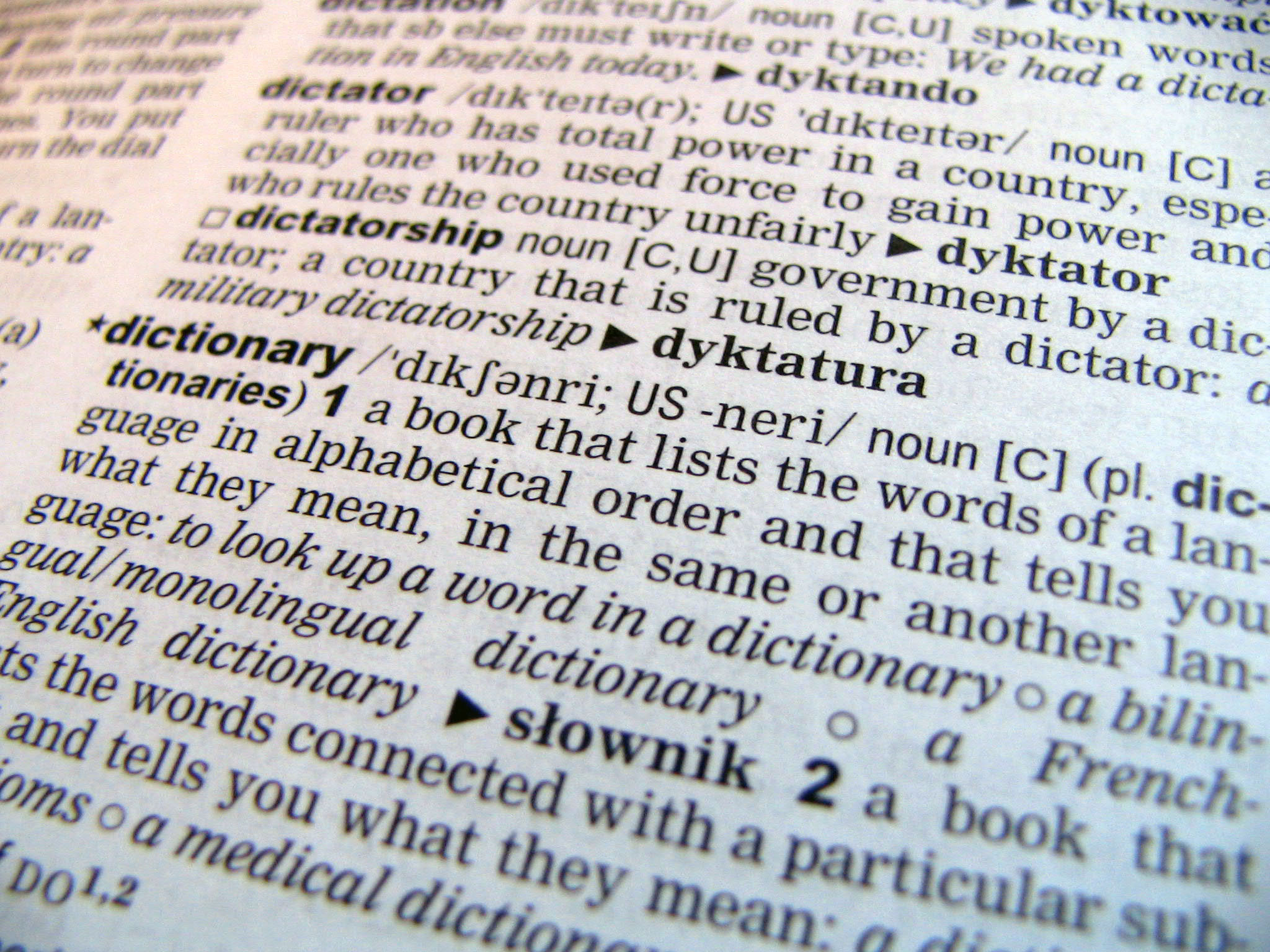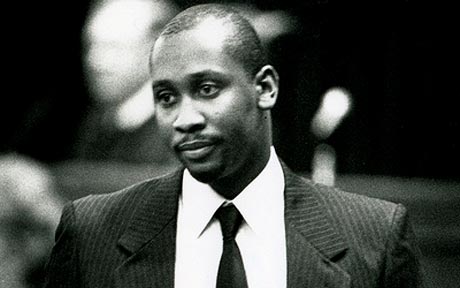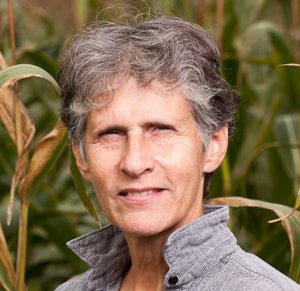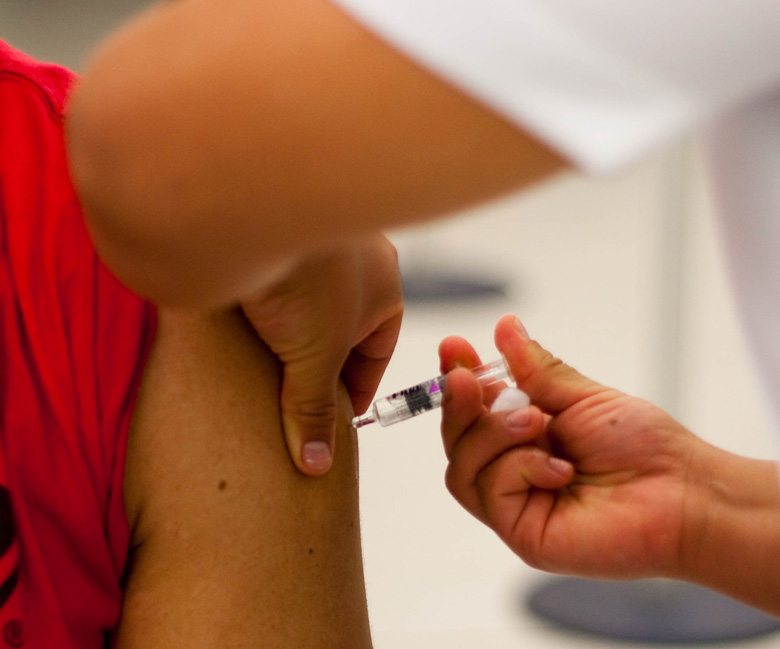
In Part II of her two-part series, Madeline Weiss discusses the VRA’s successes and the implications of the Shelby County decision on voting rights in America.

Brian Hurd examines workplace harassment law and the Supreme Court’s latest take on employer liability in Vance v. Ball State University. Vance is a victory for employers.

Jessica Flores analyzes how a recent Massachusetts Supreme Judicial Court decision impacts certain immigrants.

Requests that some justices recuse themselves from hearing the healthcare cases reveal the public’s declining trust of the Supreme Court.

You’re on death row. Seven of nine original eyewitnesses have recanted. How do you avoid execution? Suzy Marinkovich digs deep into the legal doctrines that led to Troy Davis’s execution.

Professor Michael Dorf explores why conscientious objectors to gay marriage are not given the same deference as other conscientious objectors such as Quakers opposed to serving in the military. He also discusses what level of participation,in an act considered immoral, is required by a conscientious objector for an exemption to be recognized by the law.

Professors Jeff Van Detta and Joanna Apolinsky comment on Bruesewitz v. Wyeth, which ruled that federal law immunized vaccine-manufacturers from design-defect tort claims under state law. The Supreme Court cited Detta and Apolinsky’s article “Rethinking Liability for Vaccine Injuries”, published in the JLPP, in their holding.
Two recent Supreme Court decisions highlight some obstacles still impeding the goal of achieving of full gender equality in the workforce through the judicial system. Title VII of the Civil Rights Act of 1964 prohibits discrimination on the basis of sex in the workplace but in two recent cases, the Supreme Court narrowed the efficacy
I. Introduction “[I]t has become evident in the years since . . . that [the] burden-shifting framework is difficult to apply. . . . Thus, even if [the burden-shifting framework were] doctrinally sound, the problems associated with its application have eliminated any perceivable benefit from extending its framework to ADEA claims.”[1] With this sweeping language,
